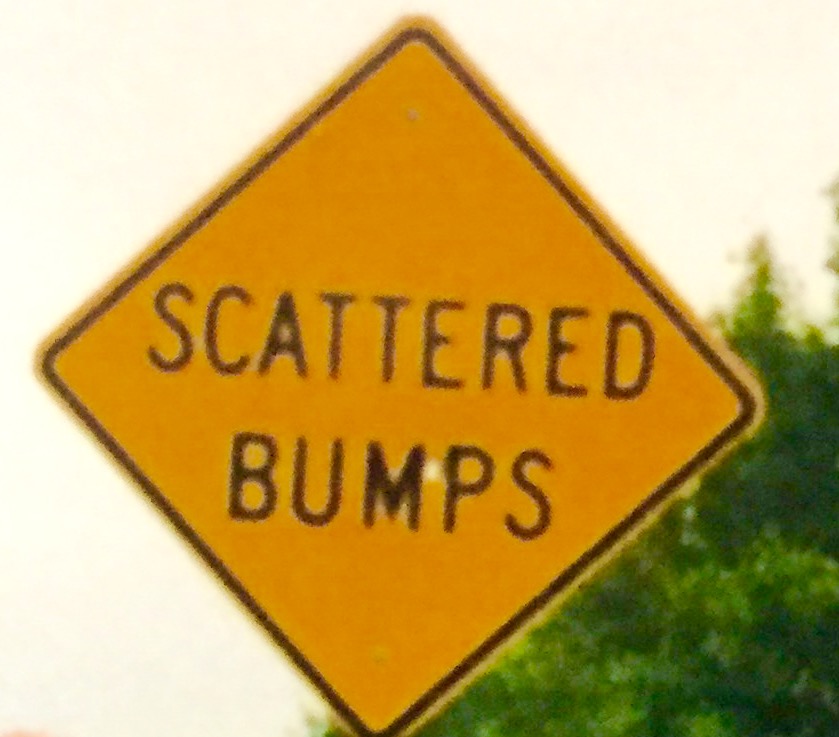Blackface. White people painting themselves black to portray African Americans. Scandal after scandal inflamed by photos dredged up from years ago. And I’m guilty, too, though I don’t worry about being ‘called out’ now.
You see, I once painted my face and legs black, covered my lily-white arms with long sleeves and hid my dishwater blonde hair under a red bandanna.
I still have the photo. My best friend Christina and I look at the camera, unsmiling. We’re nine years old, dressed for a May Day celebration of Stephen Foster’s music. At school. Public school. In Whittier, California. At the time, Whittier was a Sundown Town. No blacks lived within the city limits. I had never met a black person.
By the time I was a senior in high school (1961), Whittier had repealed the Sundown Law. One black family lived in the city limits. Their son was in my class, a daughter a couple of grades behind. And yet that year, in an all-girl dance show, one group wore blackface and titled their act Pickaninny Paradise! They may have used a Stephen Foster song.
I did a little research on Stephen Foster. He was not from the South. He was from Pennsylvania, an anti-slavery stronghold. He did write songs about the South, about black people, sometimes seeming to mimic their speech. He died in 1864, just before the end of the Civil War. His biography states:
He made it his business to study the various music and poetic styles circulating in the immigrant populations of the new United States. His intention was to write the people's music, using images and a musical vocabulary that would be widely understood by all groups.
It goes on to note:
Foster sought to humanize the characters in his songs, to have them care for one another, and to convey a sense that all people--regardless of their ethnic identities or social and economic class--share the same longings and needs for family and home. He instructed white performers of his songs not to mock slaves but to get their audiences to feel compassion for them.
My participation in that long-ago event dancing to Stephen Foster’s music, or watching without protest that group of white girls in blackface – does that mean I am racist?
Over the years, I have had friends who are black. I hope they would feel free to stop me if I speak or act offensively. I can only acknowledge the inappropriateness of my actions and make amends when I become aware. But I must make those amends with sincerity – and change my behavior. That is what is wanted in the current swirl of revelations.
Monday, February 11, 2019
Subscribe to:
Posts (Atom)

